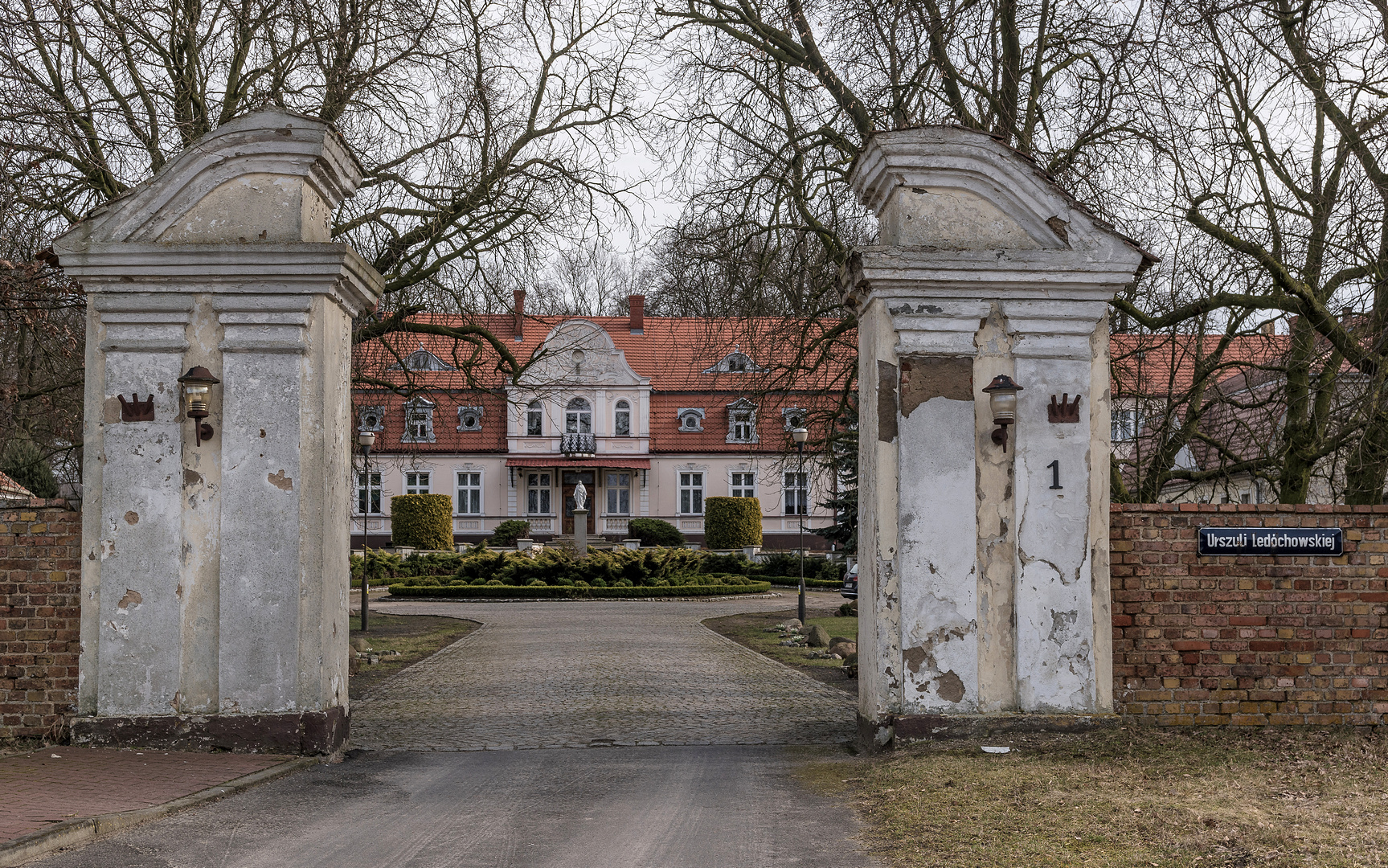It is 1954. At that time, I was at the post in Ścinawka Średnia. There were seven sisters in the community: six sisters dealt with the care of the sick in the health center, work in the delivery ward, care for the elderly in the center and work in the field, one sister was a sacristan.
I will remember August 2, 1954 for the rest of my life. It was the day we found out about the deportation. At 5:30 a.m. the military arrived in their cars to our house, at that time we were in the chapel. We had to pack right away, we had about 2 hours to do it. We were scared and didn’t know where they were taking us. We were packing up in a hurry. We felt panic and uncertainty. We asked the policemen where they were taking us, but the only answer we heard was that we were going “on vacation”.
We had to pack all our things: furniture and livestock (two cows, two pigs, chickens, ducks). They ordered us to take the Blessed Sacrament to the church. I would like to add that at that time the elderly who were with us in the health center were taken to another home.
A few hours after the arrival of the police, we were on our way to Wrocław. We were brought to our motherhouse, where we spent the night. The next day, they drove us to Karłowice (a district of Wrocław) to the Franciscan Fathers, where we stayed overnight. There we met our sisters from other institutions. The next day, we were loaded onto three buses marked “TRIP”. We still did not know where they were taking us and for what reason, so we tried again to ask the policemen who were guarding us, but we only received an answer that “we are going to our destination”, and later said that to Siberia. So we thought they would really take us there, and we prayed fervently for survival.
During the trip, we made a few stops in the woods for a short break. These stops were under the control of the security authorities because they were afraid that one of us would escape. We arrived in Otorowo in the evening of August 4, 1954. It was a convent of the Ursuline nuns, but for that time the sisters left their convent. When we arrived some of our sisters were there. There were 153 of us in total.
They told us to look for rooms and take places. They showed us a park nearby where we could take the cattle out.
For the first three months, we were dependent on the state authorities. The conditions were like in prison – we could not leave the camp grounds, beyond the gate, we were under the control of the police all the time, at the beginning there was no electricity, heating or hot water. Our food was very modest, the sanitary conditions were not the best, it was cramped (a dozen or so of us slept in one room).
There was a chapel in the camp, where we prayed together every day, morning and evening. The chaplain lived there and celebrated Holy Mass and evening services every day. In addition, we were under the spiritual protection of a local priest, dean from Pniewy, from the convent of the Ursuline nuns.
After 3 months, we were ordered to work for the state under the supervision of officials under the so-called productivization. Sewing rooms were created and I was ordered to sew in the piece, shift and band system. We sewed underwear, shirts, pajamas, chutes, we embroidered “tabs” for railway uniforms as well as hats and caps that I sewed. We were tearing the feathers. We worked from 7 am to 4 pm with an hour break. We worked all the time under the supervision of the guards. We received money for the work, thanks to which we could survive until the camp was dissolved.
During our stay in Otorowo, we had no contact with our family or people from the area, because the camp was closed. Some of us worked in state farms during harvesting, digging, grooming cows, pigs, spreading manure, it was work performed only under the control of security office officers.
There were secular officials working in the camp, who dealt with supplies and issued us passes.
On December 8, 1954, in camp conditions, we celebrated the centenary of our Congregation. Throughout this time, religious vows and anniversaries were normally held.
At the end of 1956, the civil authorities of the Szamotuły district informed us about the dissolution of the camp and the possibility of returning to the place of our previous stay. So I returned to my post in Ścinawka Średnia.
During our absence, our house was still a health center with a delivery room. Initially, we only received one room, we had to recover the next rooms with great effort, because they were inhabited by lay workers. The caretaker of the house turned out to be particularly unpleasant, even cruel, who stubbornly refused to leave the premises.
The rooms we recovered were devastated, dirty, there were bugs everywhere (all rooms had to be decontaminated). We had to renovate everything ourselves because nobody wanted to help us. We worked day and night to bring the house back into a state of living. This work affected our health, but we thanked God every day for being with us, for giving us the strength to bear it all.
S.M. Borgia Drobina

